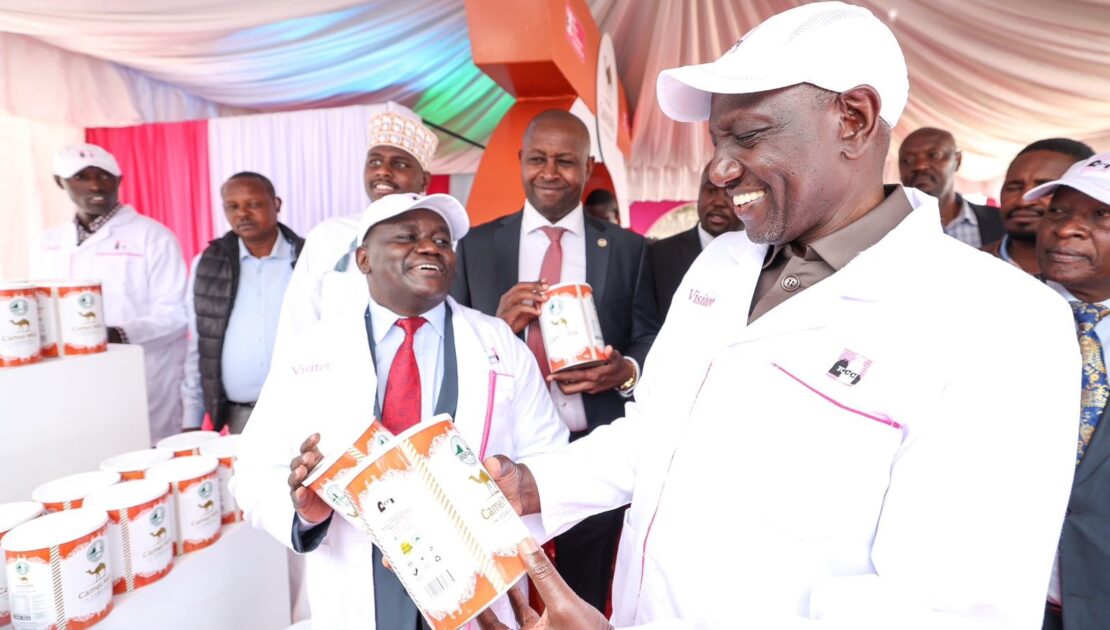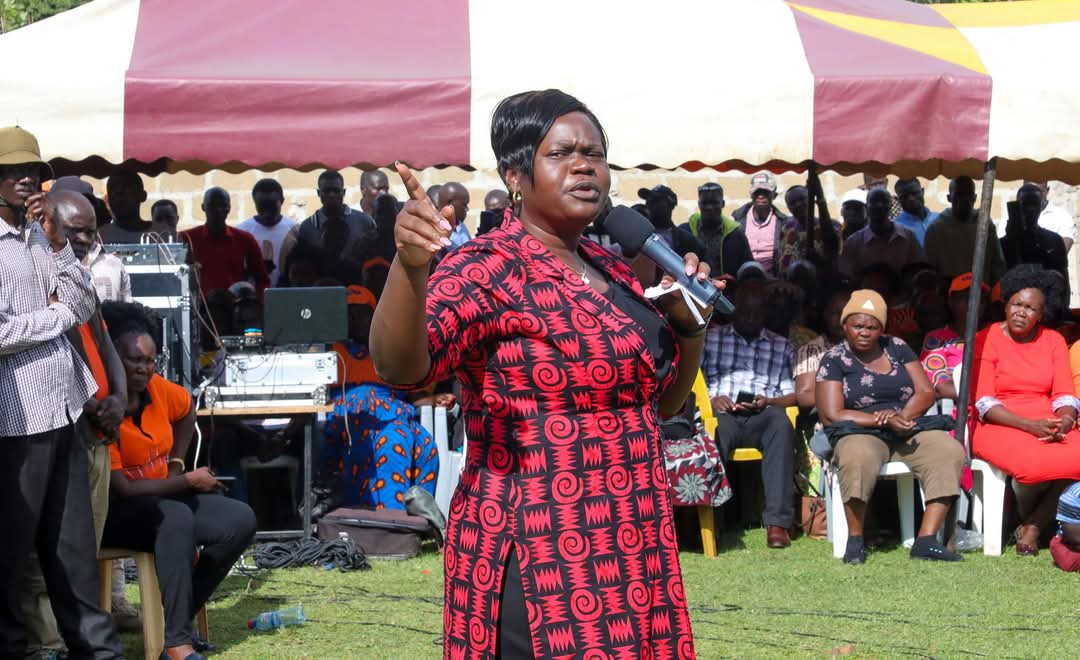State to deploy 230 milk coolers to reduce wastage across 41 counties this year

In partnership with county governments, the State Department for Livestock Development has identified 544 potential cooler sites, of which 427 in 40 counties have been verified. Among these, 285 sites are ready for the installation of coolers.
In a bid to reduce milk wastage and improve incomes for dairy farmers, the Ministry of Agriculture and Livestock Development will distribute over 230 milk coolers to 41 counties across the country starting this month.
This move aims to address the challenges faced by milk producers, as milk is highly perishable and often spoils before it reaches processors.
More To Read
Jonathan Mueke, Principal Secretary at the State Department for Livestock Development, said the coolers, currently being manufactured, will come in various sizes ranging from 1,000 to 10,000 litres, ensuring that farmers can store their milk for longer periods, reducing spoilage and increasing the volume of milk available for processing.
"Out of the 5.2 billion litres of milk that we produce annually, about 811 million litres are formally marketed through processors," Mueke explained.
"The cooler project will add another 400 million litres of processed milk, resulting in a 50 per cent increase," he added.
Fair prices
This boost in milk handling capacity is expected to have a direct impact on farmers' livelihoods, as they will have more opportunities to sell their milk at fair prices.
Already, the State has identified and verified milk cooler sites across the country.
In partnership with county governments, the State Department has identified 544 potential cooler sites, of which 427 in 40 counties have been verified. Among these, 285 sites are ready for the installation of coolers.
In addition to the milk cooler project, PS Mueke highlighted several other ongoing initiatives aimed at commercializing Kenya's livestock sector.
These efforts include improving the production of key livestock products such as meat, milk, honey, eggs, and leather.
On the leather front, the PS announced that the Kenya Leather Industrial Park in Kenanie is expected to be completed by May 2025.
The project, which is 85 per cent finished, will serve as Kenya's leather district and is expected to draw international attention from luxury fashion brands like Louis Vuitton, Gucci, and Chanel, which are already sourcing Kenyan leather.
"We want to expand that. As a Ministry, we have the vision to have those luxury brands come and manufacture in Kenya," Mueke said, stating that the government's efforts to create a favourable business environment by capitalizing on Special Economic Zones (SEZ) and Export Processing Zones (EPZ) as incentives for international investors.
Top Stories Today















































